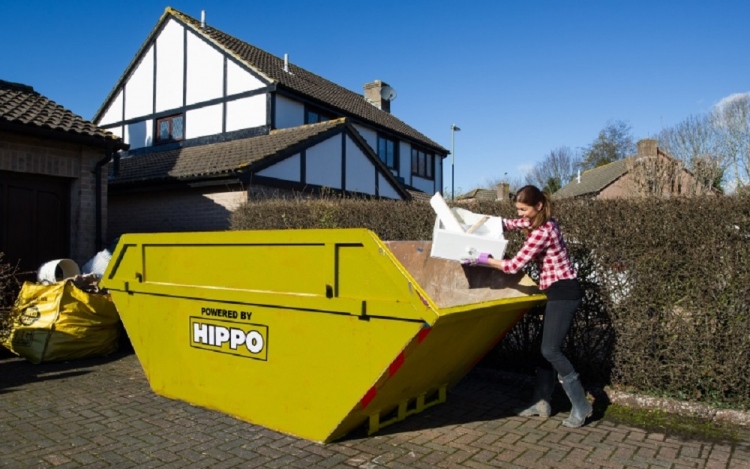All leading skip hire companies know that taking care of your skip once it reaches your home is vital for the safety of you, your family, and anyone else who may come in contact with it. Many homeowners forget that when renting a domestic skip, it is their duty to ensure they it is kept in a safe environment and that no one should have access to it once on their premises.
To prevent any incidents occurring, here is some advice to keep in mind once you’ve hired a skip in Doncaster.
Preparation
Before you contact a company offering cheap skip hire in Doncaster, it is important that you take some time to prepare the site before delivery. You must carefully consider where the skip will be located once it arrives at your premises. It should be placed on a solid, even surface to ensure it is stable at all times. The area you choose must be free from any obstacles which may interfere with the unit once you begin to stack household rubbish.
Off-site Locations
If your skip won’t fit in your driveway or yard, and you are planning on having it dropped off outside your home in a public area, it is imperative that you contact the skip hire company before doing so. In the UK, local counsels require you to have additional safety equipment and a permit if you are placing a skip in a public space. A reputable skip hire company in Doncaster should be able to arrange everything for you in advance.
Delivery Day
On the designated delivery day, you must ensure that the place your skip will be situated is free from any kids, pets, people or other obstacles that may get in the way when the unit is hoisted off the truck. A skip is a bulky, heavy object that can cause serious damage if not properly supervised when disengaging from a truck.
Safe Loading Techniques
Safety is paramount when loading your skip and there are certain ways to fill your unit that reduce the risk of injury or incidents. When loading the skip, it is advisable to begin with heavy, bulky items first. These items act as a base and stabilise the unit, you should then pack the skip with smaller components filling in the gaps to ensure everything fits in neatly without protrusion.
Loading Hazardous Material
You can put most general household and construction waste into your skip, but some materials should never be disposed of in a domestic container. There is numerous hazardous waste material which isn’t safe to store in a skip and must be managed in a different way. Some things you can’t put in include asbestos, televisions, batteries, fridges, electrical appliances and medical waste.
To ensure the process of hiring a skip, having it delivered, packed with waste, and collected goes as smoothly as possible, it is important that you consider all of the points highlighted above. You should carefully monitor your skip once it is on your premises and fill it properly without any prohibited objects.




